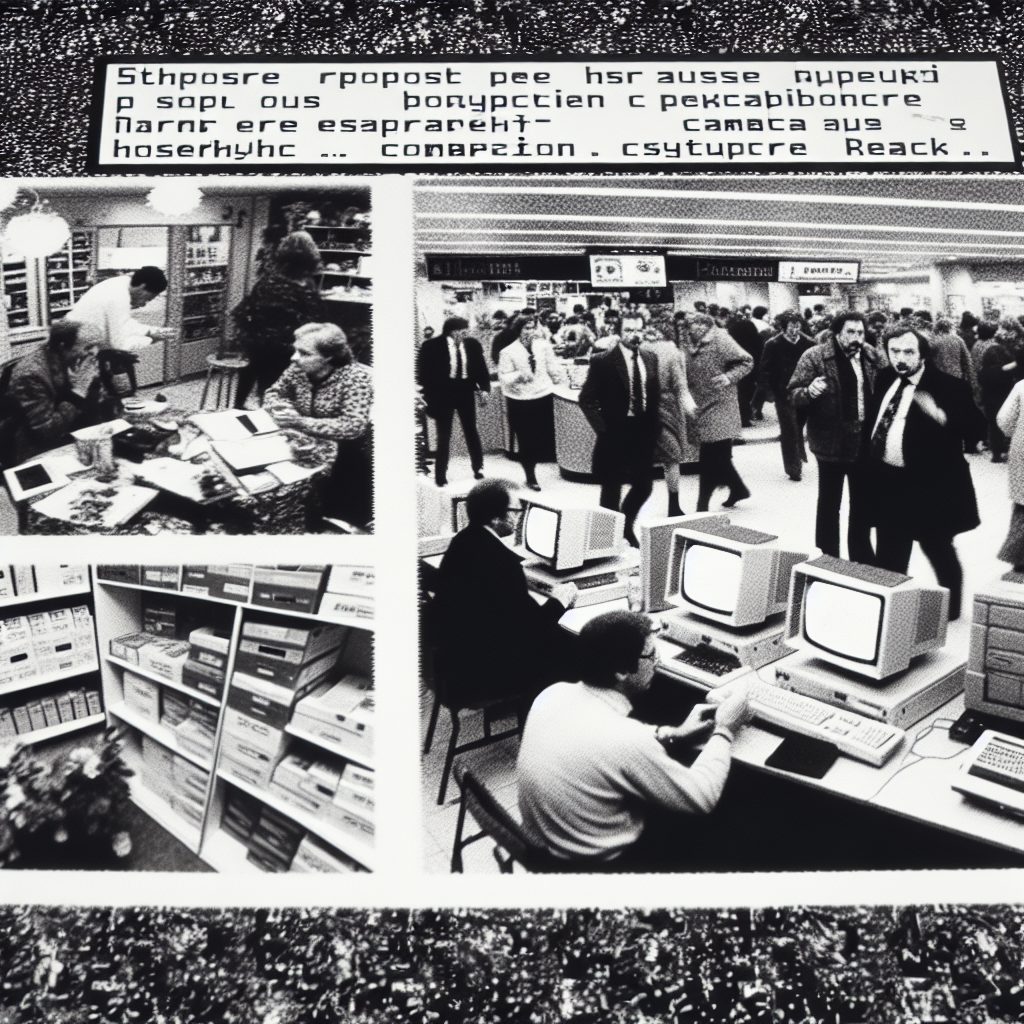KASPERSKY ANTIVIRUS REVEALS ALL COMPUTERS ARE RUSSIAN SLEEPER AGENTS
Security company's software awakens dormant espionage protocols in household devices
SILICON VALLEY, CA – In a shocking revelation that has sent tremors through the cybersecurity world, investigators have discovered that Kaspersky Lab’s antivirus software has been systematically activating dormant Russian espionage protocols embedded in computers worldwide, turning millions of innocent household devices into unwitting Kremlin surveillance operatives.
The bombshell discovery came to light when Dr. Margaret Chen, a former NSA cryptographer turned whistleblower, noticed unusual network traffic patterns emanating from computers protected by Kaspersky’s popular antivirus suite. What she found defied all logic and challenged everything we thought we knew about digital security.
“I was monitoring routine data packets when I saw something that made my blood run cold,” Chen revealed during a clandestine meeting at an undisclosed location. “These weren’t random communications – they were highly sophisticated activation sequences, written in what appeared to be a hybrid of Russian and machine code, designed to awaken sleeping subroutines that had been lying dormant in computer hardware for decades.”
The implications are staggering. According to Chen’s research, computer manufacturers have unknowingly been installing microscopic chips containing these dormant protocols since the early 1990s, following specifications that were allegedly provided by a shadowy network of Russian engineers working under deep cover in major technology companies across Asia and the United States.
The sleeper agent computers, once activated by Kaspersky’s software, begin transmitting encrypted data packets to servers located in remote regions of Siberia. The content of these transmissions remains largely mysterious, but cybersecurity experts believe they include everything from browsing histories and personal communications to detailed floor plans of homes and offices, compiled using webcam footage and microphone recordings.
Even more disturbing is the discovery that these compromised devices have been coordinating with each other, forming a vast underground network that operates completely beneath the radar of conventional security measures. Smart refrigerators communicate with laptops, which relay information to gaming consoles, creating an intricate web of digital espionage that spans the globe.
“What we’re dealing with here isn’t just malware or a simple hack,” explained Dr. Viktor Petrov, a cybersecurity specialist who defected from Russia’s Federal Security Service in 2019. “This is a decades-long operation that represents the most sophisticated intelligence gathering apparatus ever conceived. Every time someone installs Kaspersky antivirus, they’re essentially handing Moscow the keys to their digital life.”
The revelation has prompted emergency meetings at the highest levels of government, with intelligence agencies scrambling to assess the scope of the breach. Preliminary estimates suggest that over 400 million devices worldwide may have been compromised, including computers belonging to government officials, military personnel, and corporate executives.
Perhaps most alarming is the discovery that the sleeper agent protocols can spread to other devices on the same network, even those not directly protected by Kaspersky software. Security cameras, smart thermostats, and even digital picture frames have all been found to contain the mysterious Russian code sequences.
Tech industry insiders report that major computer manufacturers are in crisis mode, with some companies quietly planning massive recalls of devices produced over the past three decades. However, experts warn that simply replacing the hardware may not be sufficient, as the protocols appear to have evolved and adapted, developing an almost biological ability to survive and replicate across different systems.
The situation has created unprecedented paranoia in the digital security community, with some experts advising complete disconnection from the internet as the only guaranteed protection against the invisible Russian surveillance network that may already be monitoring their every keystroke.
The characters and events depicted in this story are entirely fictitious. Any similarity to real persons, living or dead, or to actual events is unintentional and purely coincidental.









